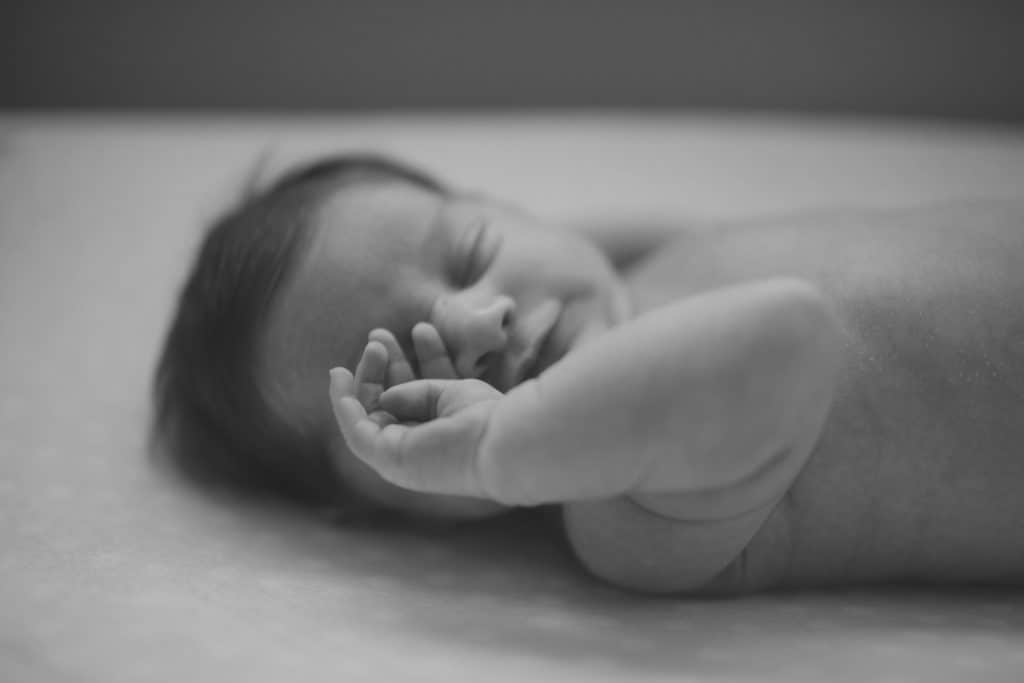How Sleep Impacts Your Recovery
Marietta Paxson is a Licensed Marriage and Family Therapist as well as Baby and Toddler Sleep Consultant, and Founder of Little Dreamers. She has three children, a 4-year-old and 2.5-year-old twins. When she is able to sneak away you will likely find her curled up with a good book, soaking in the tub.
By Marietta Paxson
I remember the first time I had a baby. I felt like I was well prepared for labor, birth, breastfeeding, even recovery. I had taken classes, read books, and talked with a lot of experienced moms. However, I am not sure that you can ever walk into these defining moments 100% completely prepared! Especially completely prepared for your specific experience. There is always something that will throw us for a loop. Something we didn’t expect. Something we may not be familiar with, or something no one mentioned, because, let’s be honest, there are just too many variables in pregnancy, birth, newborns, and life to cover all your bases.
Out of all the preparation I did, I think the area that lacked the most preparation was recovery. By no means did I neglect that area, but I was just so focused and excited about the birthing process that my focus naturally went there. And boy, did recovery knock the wind out of me. I know some women who have awesome recoveries. They are up and walking, cleaning, and feeling back to normal in less than two weeks. Yeah, that was not me. Complications arose, discomfort was high, and do hormones ring a bell? Night sweats? Mesh underwear? Tender to the touch? Any of that sound familiar? I was a mess. And a mess for a while. It was scary. It was hard. There was so much to think about and take in, so many decisions to make, and so much adjusting and caring for a newborn that I could barely eat. It all came down to the fact that I really wasn’t well prepared for what recovery could be like or what I even wanted for my recovery. It was overwhelming.
On top of trying to physically recover from the hardest marathon (oh yeah, did I mention my first labor was 42 hours!) my body had ever encountered, I was only getting a few hours of sleep at a time. We don’t know exactly what happens when we sleep, but we do know that sleep helps with any type of healing and recovery, possibly more than anything else we can do to heal. Research is ongoing and one day I know we will better understand why sleep is a necessity. Not getting sleep after giving birth, and with a newborn, compounds any hardship, illness, or setback we experience. It is rough, as any mom knows.
But how in the world can we possibly get good sleep when we have a newborn baby to take care of? Here are a few points that I have learned through my rocky recoveries while navigating twins and a singleton.
If this is your first baby, I strongly suggest handling night feedings with your spouse as you begin your parenting journey. Let’s honor the power of togetherness. By performing tasks together, even those that we could accomplish alone, we bond closer as a couple, feel united, understood, and supported. Nothing is more defeating than feeling like we are alone in a challenge. Use each other, even it means you are both up at night, to offer support. Nothing can replace support.
However, this can get a little more difficult when you have more than one child. I would still encourage you to initially start out this way. Find another family member, or reach out to neighbors and friends, to come care for other children in the home. Then, both you and your spouse can afford to lose a little sleep at night and possibly be able to catch up on sleep in the morning or during the day with a nap. At some point, the help will leave and you will begin handling night wakings on your own. However, this doesn’t mean that all night wakings need to be taken care of by mom. Perhaps you bottle feed, or can pump before bed, and then your husband can take the first feeding of the night so you can get a solid 4-6 hours of sleep before getting up to feed the baby. There is no perfect way to work this out, but again the message is to work it out together and make sure both of you are involved in the process of tending to the baby at night.
Finally, I would encourage you to let other things go for the sake of sleep. You’ve probably heard the old saying, sleep when the baby sleeps. This saying has been ripped to shreds in mom groups on Facebook with follow up statements like, should I also clean when the baby cleans? As mothers, we know that when the baby is asleep is often the only opportunity we have to get anything done. And you will not always be sleeping when the baby sleeps. After all, your newborn needs between 18-20 hours of sleep every day. No matter how sleep deprived you are, you won’t be sleeping that much. Instead learn to let things go that don’t matter, so that when your baby is sleeping, and you are choosing not to sleep, you get to focus on the truly important things. And yes, sleep when the baby sleeps, when you need it! The dishes will still be there when you wake.
Don’t forget to click here* to get my free Newborn Survival Sleep Guide where you can learn what you need to know about newborn sleep to get the most possible sleep those first few months.
*Link will take you to Facebook Messenger to confirm you would like the download.

